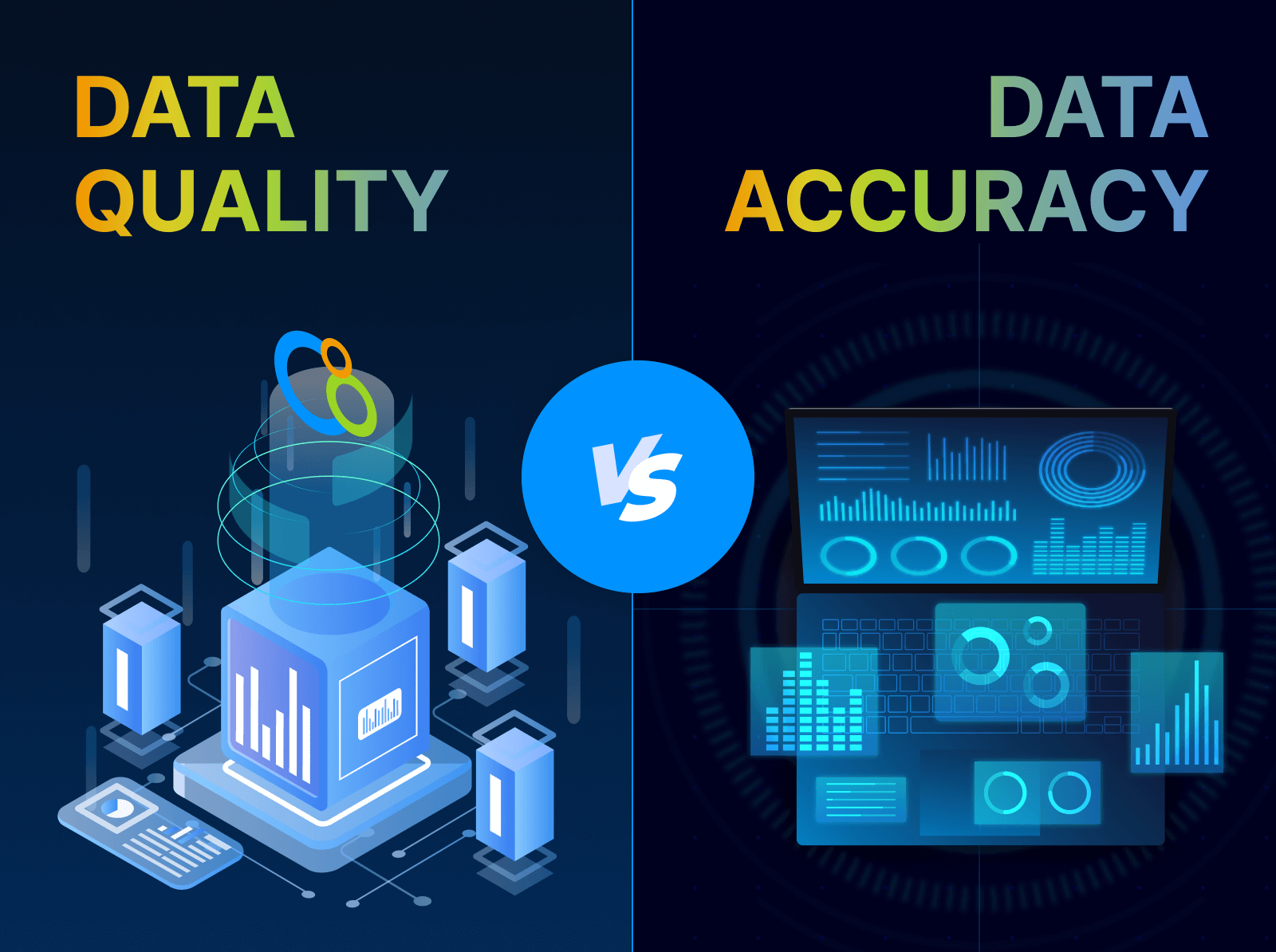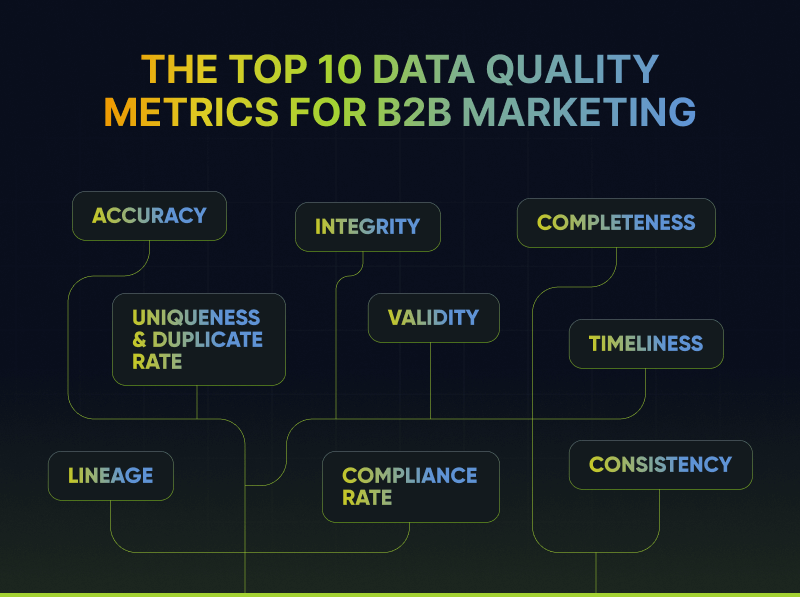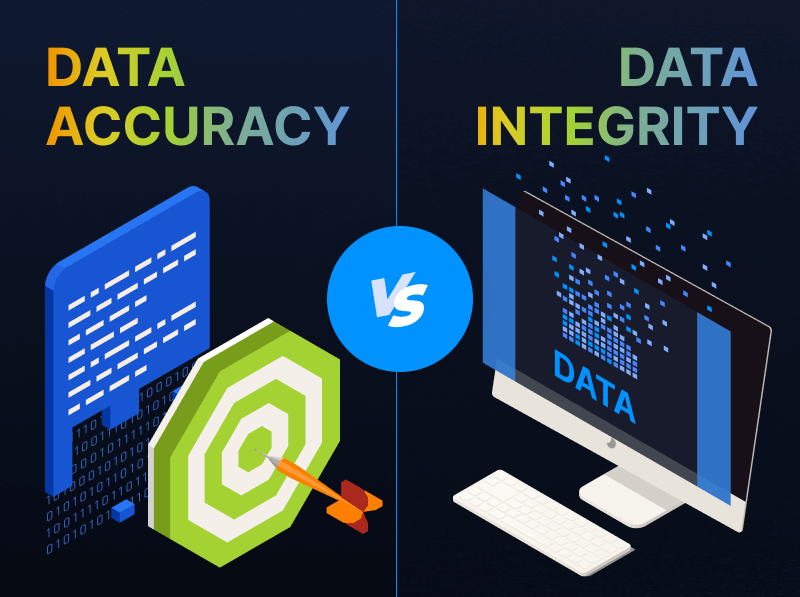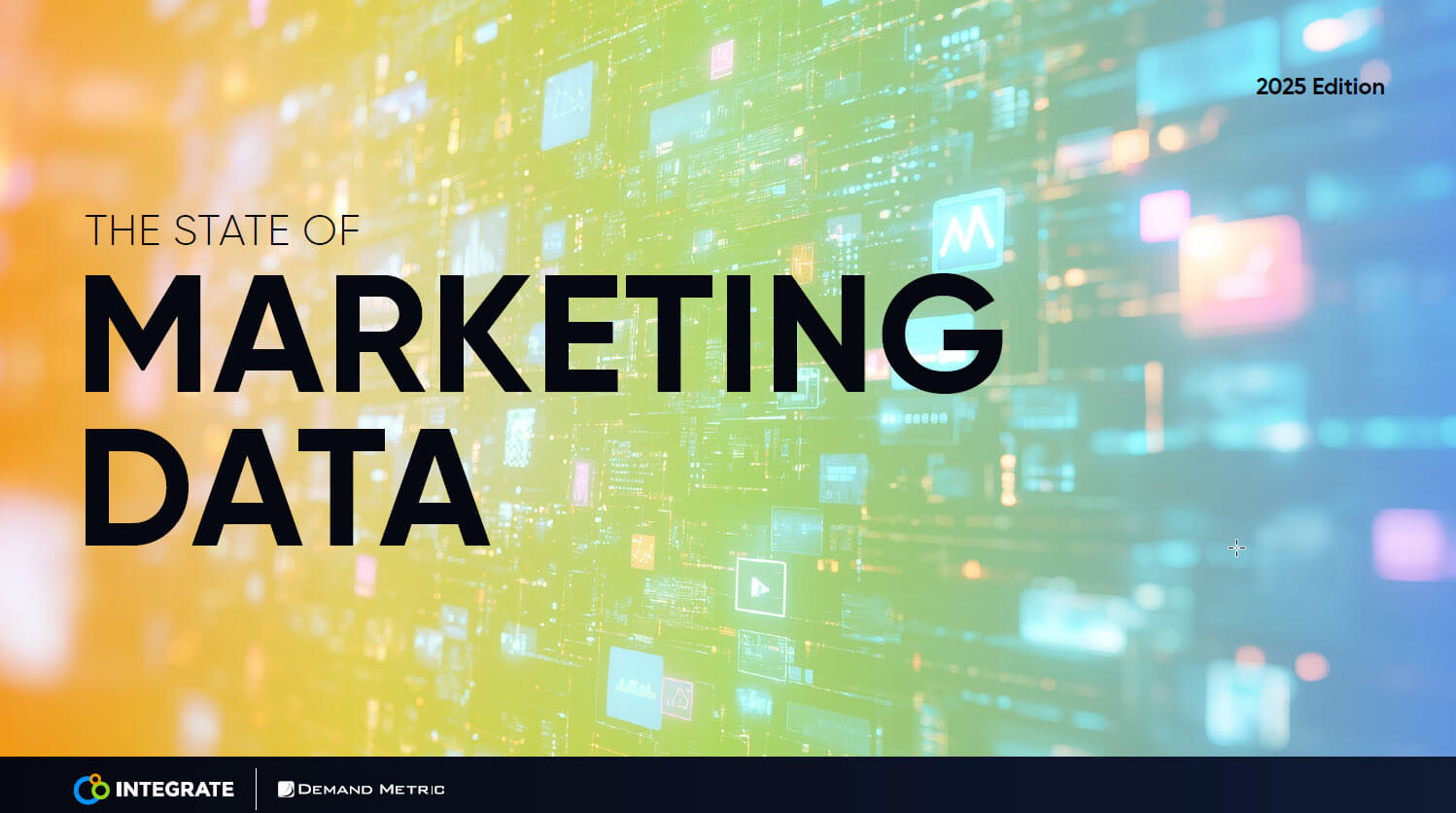Lessons from B2BSMX – Looking Ahead to Second Half 2023
The Integrate team had a momentous week in Boston for this year’s B2BSMX event. There were interesting and educational sessions. Lots of good conversations with old friends, new colleagues, and our wonderful customers. Local Italian cuisine and great seafood. Heck, even a Red Sox game!
While all of this was fun, what was truly valuable was hearing from other B2B marketing professionals about what is top of mind as we enter the second half of 2023. The three big takeaways I heard at the conference were (1) the economic environment remains tough (2) AI is here, and we must figure out how to use AI tools intelligently and (3) there continues to be a need for better data and insights for successful marketing.
The Economy Remains a Challenge
Those of us that hoped that the economy would turn the corner this year are disappointed. In fact, there was a pervasive sense of pessimism shared by most of the experienced B2B marketers at the event. Everyone I spoke with had tough stories to share. Of layoffs experienced or pending. Of company leadership changes and sudden strategy shifts. Of former colleagues who have been looking for new roles for months or years. Of widespread budget cuts. Of talented peers exiting the marketing profession to seek their fortunes elsewhere. Unlike previous downturns, there wasn’t a sense that things would correct quickly, if at all.
Part of this stems from rising interest rates and the sense that an era of easy capital investment is over. But there’s more to the story. Contributing factors include the increasingly complex (and long) sales cycle in B2B marketing, the continued misalignment between sales and marketing, and the lack of understanding of multi-touch attribution by the Finance team who are looking for the one lever to pull. Marketing continues to be viewed as a “cost center” not a revenue driver – despite a growing set of data that says that marketing owns 80-90% of the B2B buying journey. My advice? Give marketing a seat at the table. Marketing leaders have a lot of experience in supporting complex buyer journeys at scale. And please do this before they all leave to study for their real estate licenses.
The Growing Role of AI
Leveraging the power of AI to increase marketing efficiency is a game-changer for businesses worldwide, and the topic was discussed at length at B2BSMX. In his excellent session, Rob Leavitt, Partner at Momentum ITSMA, accurately noted that we have had AI in the martech stack for years – in the form of algorithms and machine learning. The real revolution (and the basis of the current hype) is the emergence of generative AI. Many marketing leaders predict the long-term impact of generative AI on B2B marketing will be more than we can currently imagine. Both the ITSMA session and the presentation on “ABM to ABX to AiBX” by Jaime Punishill, Founding Principal, Digital Tao focused on the positive impact that AI can have on account-based marketing and its ability to solve the perpetual issue of scaling ABM for maximum impact.
If you look at every step of ABM – from account selection to planning integrated marketing and sales campaigns to the evaluation of ABM programs – there are use cases where generative AI technology can immediately assist B2B marketers. These include collecting market and account insights, account selection and segmentation, campaign strategy ideation, content creation, development of personalized buyer journeys and experiences, knowledge management, and performance measurement. Generative AI tools deliver scalable experimentation, analysis, copywriting, marketing activity orchestration, and personalization. But both sessions were clear that human intelligence and skills remain crucial for marketing success.
Despite the buzz, generative AI simply cannot replace the human connections required for marketing. ChatGPT and other tools can’t build relationships with customers or replace business acumen, cross-organizational collaboration, or leadership skills. And generative AI tools can only deliver on specific marketing use cases if B2B marketers maintain clean data and know how to effectively use AI tools.
The Need for Better Data and Insights
Having clean, marketable data is foundational for all B2B marketing – and is a topic that we are passionate about at Integrate. So much so, that I joined with our wonderful customer Gary Maggiolino of InterSystems for a deep dive into the data requirements and challenges that keep marketing operations leaders up at night.
We started by acknowledging that the B2B buyers’ journey is hard…and is only getting harder. The typical B2B buyer works through a complex personal journey composed of digital and live interactions, a range of content, and a multitude of channels before making a purchase. This journey is further complicated by the rise of buying groups, the growth of the number of channels and touchpoints required for the buyer journey, and the increase in buyer anonymity that is rendering many traditional marketing tactics obsolete. We then took a look at the breadth and depth of data required for a successful buyers’ journey. This ranges from data required for account targeting; to opportunity identification, engagement, and prioritization; to fully qualified and won deals.
We then spoke about the data challenges that B2B marketing operations team are grappling with. These include the multiplicity of data sources that marketing must manage, the fact that B2B data cuts across different company functions and that marketing doesn’t (and can’t) own all of the data, ongoing data compliance concerns, and technology questions – namely if marketing has all the tools that they need to manage the complexities of the B2B data landscape.
What’s Next?
Based on the conversations that happened at B2BSMX, marketing leaders should focus on three things as we close out 2023 and prepare for next year. Specifically:
- Keep fighting the good fight. The complexities of the buyer’s journey aren’t going away anytime soon, and the marketing organization is the group best equipped to manage this. Defend the investment in marketing and hammer the point that marketing manages most of the buyer’s journey – not sales.
- Embrace generative AI for scale. Test generative AI tools for the specific use cases your marketing organization has in order to improve scalability – especially given the current environment of resource scarcity. Socialize the results. And stress that generative AI is a tool to help B2B marketing…not replace it.
- Govern your data. Your marketing database is your most valuable asset; treat it as such. Practice good data governance and build cross-functional relationships with all data providers to ensure that the end-to-end buyers’ journey data is available, actionable, and trusted.









